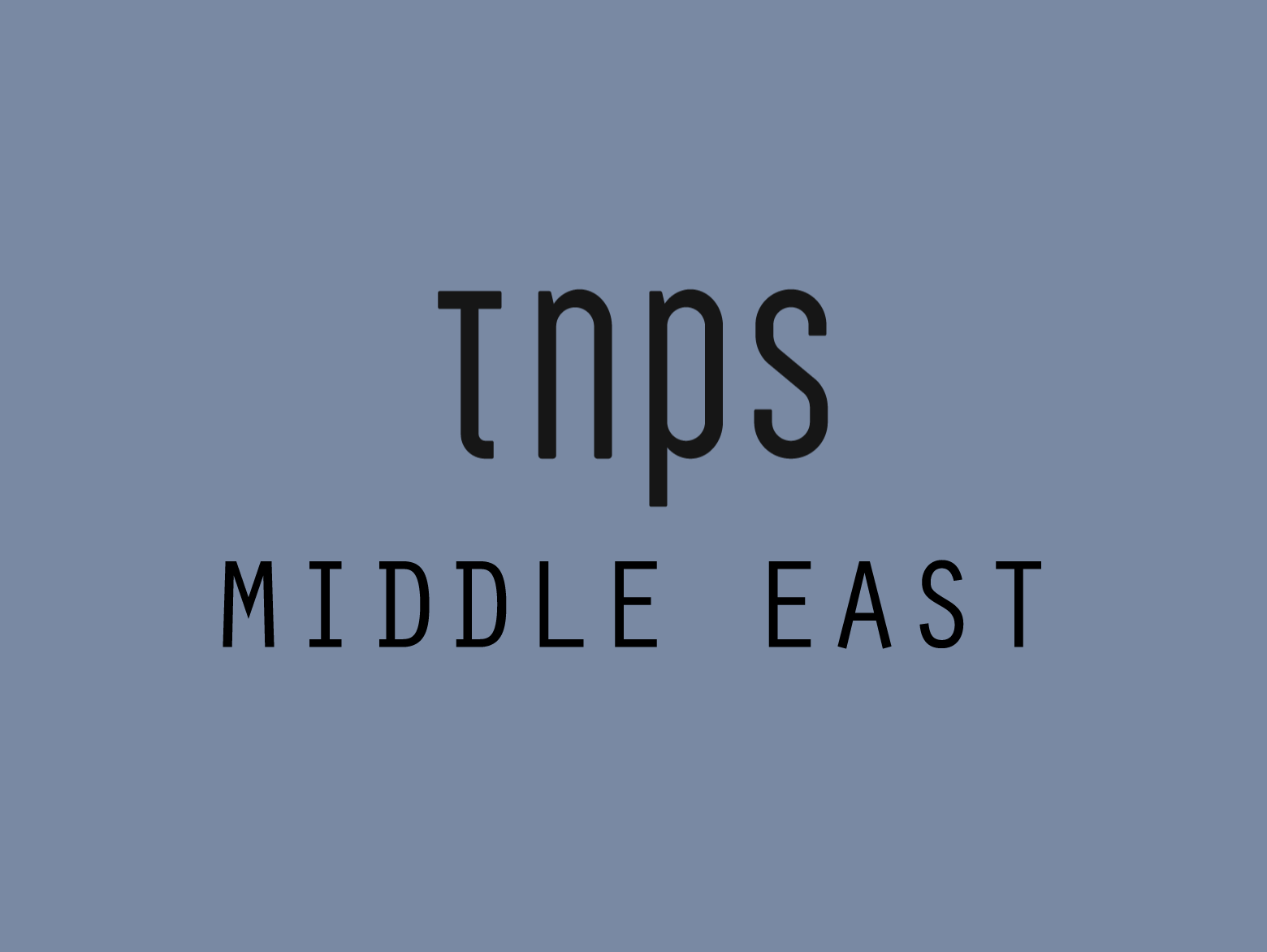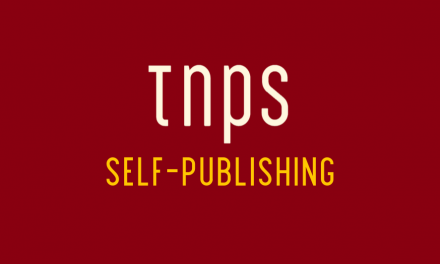Regulars here at TNPS will be aware the MENA (Middle East North Africa) Arabic-language book market is nowhere near the dead-end for books that some believe.
In fact Arab book fairs and festivals attract huge numbers of visitors and sell huge volumes of books each year. In the first five months of 2018 alone, upwards of 5 million people have attended book fairs in the MENA region. That number will be well over 10 million by end of year.
For Amazon, the MENA region has been pretty much off its radar for most of the decade, but that began to change last year when in early 2017 Amazon began its acquisition of the Middle east e-commerce site Souq, finalising the deal in July.
Amazon also has AWS interests in the region.
Amazon and Apple head for Saudi Arabia, but Kindle and iBooks stores unlikely
Souq sells books, but not ebooks. That may be about to change, on a small scale.
While setting up a Middle East ebook store from scratch might not make sense for Amazon right now, it would make sense to add ebooks to the Souq store, or to roll out stand-alone Kindle stores across the region using the Souq infrastructure.
Back in December 2017 Amazon finally introduced limited Kindle support for the Arabic script with a beta KDP option.
Six months on and the system is still in beta, and there’s no POD option for Arabic via CreateSpace or audio via ACX, but tucked away in the small print is a sign of where Amazon is heading with this.
Says Amazon,
If you choose to receive payments via wire transfer to your local bank in Saudi Arabia, Oman, Bahrain, Kuwait, and Morocco, you will be paid in local currencies (e.g. Saudi Riyals, Oman Rials, Bahraini Dinars, Kuwaiti Dinars, and Moroccan Dirham).
Given Amazon still can’t manage wire-transfer payments for KDP authors in many other countries we can safely say Amazon has not gone to the effort to provide wire transfers in Oman or Morocco, where KDP and the Kindle store has no functional presence. It’s clear Amazon is using Souq’s payments infrastructure.
That said, authors in these countries face a $100 threshold for each Kindle country they sell in, so most indie authors in the region will face a long wait to get paid, and using an aggregator to access Amazon may be a better option.
This week Nasher, “the world’s first professional hub for Arab publishers,” reports that the Egyptian Publishers Association is in advanced talks with Amazon, not so much for a Kindle store,, although that may come, but rather to
discuss a range of issues that concern Egyptian publishers about the marketing and publicity of their books to readers around the world, with a focus on ebooks.
Egyptian Publishers Turn to Amazon to Strengthen their eBooks Marketing
The meeting was organised by Sherif Baker, Secretary General of the Egyptian Publishers Association and chair of the Professional Development Committee, at the EPA offices in Cairo, where
Amazon showcased the privileges and facilities they will offer Egyptian publishers who will market their publications via Amazon’s eBooks site.
Nasher reports Amazon will,
offer full legal protection to the intellectual property and copyrights of publishers they represent online, in addition to comprehensive technical support for converting books into electronic formats, offering browsing compatibility on smart devices, hardware and software programs.
Currently only Google Play among the Big 5 ebook retailers has dedicated ebook stores for the MENA region.
Google Play offers ebooks in Bahrain, Egypt, Jordan, Kuwait, Lebanon, Oman, Qatar, Saudi Arabia and the UAE. That said, buyers need to pay in USD dollars at US prices in these countries. The Google Play self-publishing portal is still “temporarily” closed, but has never been an option for these countries, so authors will need to go through an aggregator.
There is no access to Apple iBooks or Nook from the region and Kobo only offers a limited selection of territorially unrestricted ebooks, again with USD prices and payments.
Amazon-owned Souq operates out of Dubai in the UAE, and with a population of almost ten million, and 98% internet penetration, I’m surprised Amazon hasn’t looked at the UAE first, especially given Sharjah’s positioning as the regional hub for publishers.
On the other hand Egypt is by far the biggest player in the MENA region, with a population just shy of 100 million and 49% internet penetration giving the country a healthy 49 million internet users – almost as many as Italy.
In theory, therefore, we could be seeing the first move in a game-changing play by Amazon that could evolve into pan-Arab ebook reach with localized payments and KDP access for Arab authors.
But far too early to say that will happen, or when.
For now the best we can say is that Amazon is looking at the Arab ebook market opportunity, and given the Souq infrastructure in place, there is reason to be optimistic.
UPDATE June 27 – Amazon has formalised Kindle suport for the Arabic language, fielding 12,000 Arabic language books






Trackbacks/Pingbacks